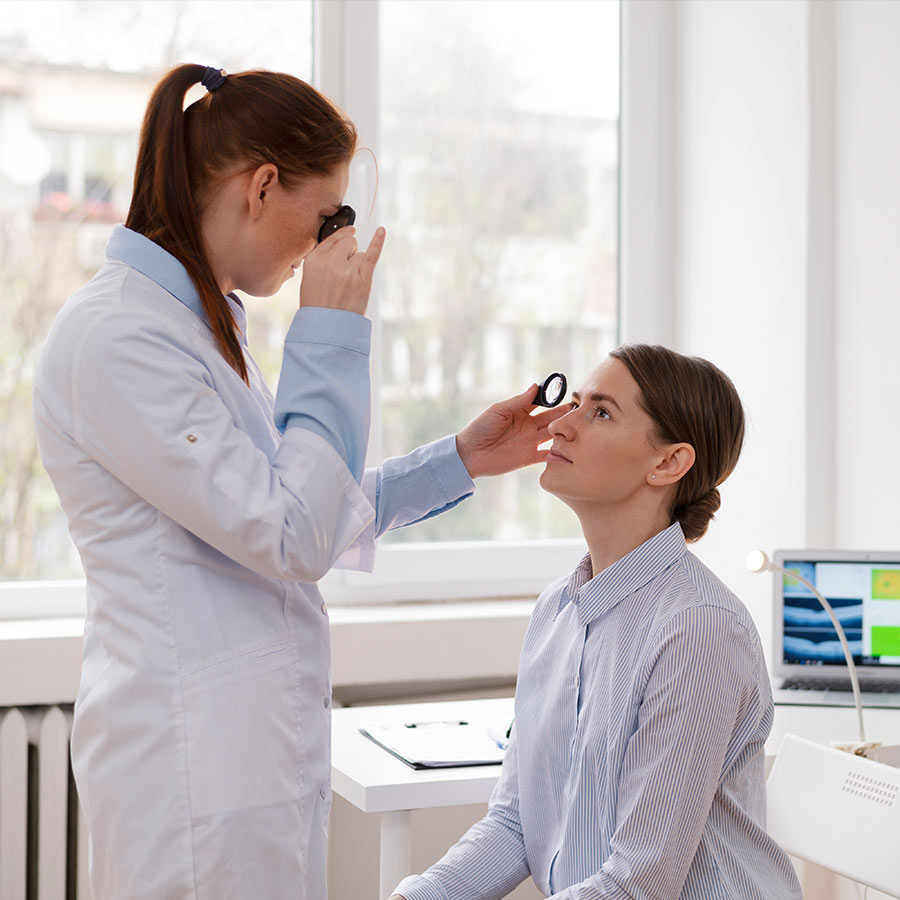Navigating Glaucoma Treatments: What’s the Best Cure?
Common Treatment Options
Eye Drops for Glaucoma
Eye drops are the first line of defense for glaucoma. They help lower intraocular pressure by improving fluid drainage or reducing its production in the eye. Some patients may experience side effects such as redness, irritation, or itching, but these are generally manageable with guidance from an eye specialist.
Oral Medications
Oral medications, often carbonic anhydrase inhibitors, are used to further decrease eye pressure. While effective, side effects can include frequent urination, tingling in fingers and toes, and stomach discomfort. Careful monitoring is important to ensure safety and effectiveness.
Laser Treatment
Laser therapy is recommended when eye drops or oral medications are insufficient. A focused light beam helps improve fluid drainage in the eye, reducing pressure. Although generally safe, some patients may experience a temporary increase in eye pressure immediately after the procedure.
Surgery
In severe cases where medications and laser treatments are ineffective, surgery may be advised. Surgical procedures create an alternate pathway for eye fluid, helping to maintain healthy intraocular pressure and prevent optic nerve damage.
For patients exploring surgical options, Check this link for affordable glaucoma surgery costs in the Philippines.
New Advances in Glaucoma Treatment
Research is bringing new possibilities to glaucoma care. Emerging treatments like gene therapy offer potential alternatives to traditional medications and surgeries. While still under study, these approaches could transform glaucoma management in the coming years.
Real-life Stories and Experiences
Consider these testimonials:
Adam: “I was diagnosed with glaucoma early on. The eye drops have helped manage my optic pressure, particularly during stress-heavy periods.”
Rachel: “After medications weren’t enough for my condition, laser treatment was my next step. With only slight discomfort post-treatment, I no longer need glaucoma medications.”
Final Thoughts and Recommendations
With multiple treatment options available, the best approach depends on individual conditions and responses. Collaborating with an eye care professional ensures the most effective glaucoma management tailored to your needs.
FAQ
What is the difference between open-angle and angle-closure glaucoma?
Open-angle glaucoma is chronic and develops slowly with no early symptoms, whereas angle-closure glaucoma occurs suddenly with noticeable signs.
Can glaucoma be cured completely or just managed?
Currently, glaucoma cannot be completely cured, but with early detection and proper treatment, it can usually be managed effectively.
How can I prevent glaucoma from progressing?
Regular eye check-ups, a nutrient-rich diet, and maintaining healthy blood sugar levels can help control the progression of glaucoma.




